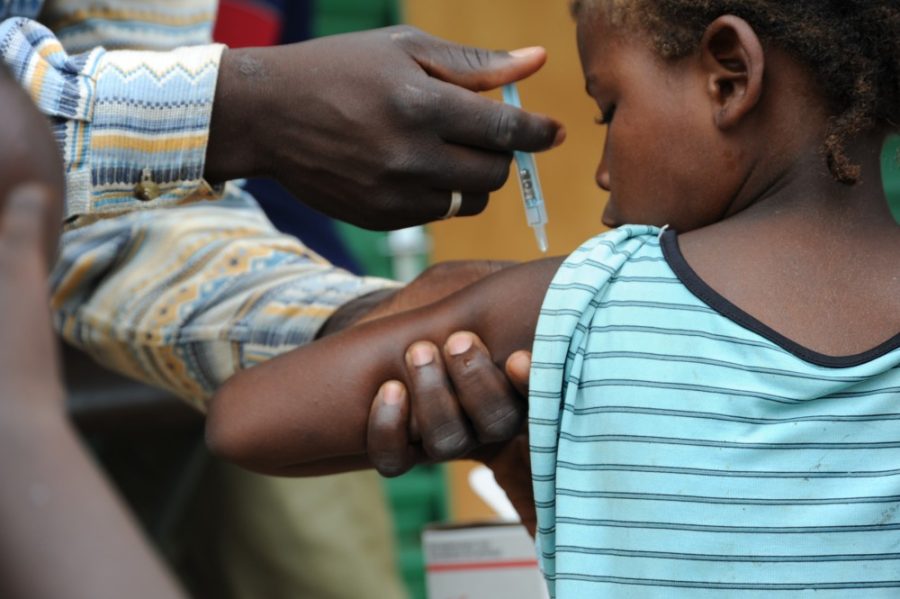When students stumble through the front doors of their residence halls next fall, they will be greeted by a slew of “cover your cough” and anti-STD posters. But one infection in particular is one that those living in on-campus housing should be particularly concerned about: meningitis.
College students are particularly at risk for the disease, according to the National Meningitis Association.
Meningitis is an inflammation of one of the membranes of the brain and spinal cord, resulting in acute, severe symptoms including fever, neck pain or a headache.
One of the most vulnerable groups to getting the infection are college students who live in dorms or greek housing. This is because of the intimate, closed quarters in which students live.
Freshman living in dorms are up to six times more likely to get the disease than the rest of the population, according to the NMA.
Meningitis can be very deadly, according to the NMA, with fatalities ranging from 10-15 percent of those infected.
Surviving the infection itself is just half the battle, 20 percent live with permanent disabilities such as deafness, loss of vision or loss of limb control.
There are many preventative measures students can take to ensure safety.
“Fortunately we have a vaccine against meningitis,” said David Salafsky, director of Health Promotion and Preventive Services for the UA. “We actually have more than one vaccine available. One has been a traditional vaccine against the disease and the other is rather new, known as Serogroup B.”
The vaccination against meningitis has been found to be 80 percent effective against the illness, according to the NMA.
Luckily for UA students, Campus Health offers both of the vaccines to students seeking protection from meningitis.
“The good news is that most students are covered through their parent’s insurance plan and typically the two vaccines—both the standard and the newer—will be covered under most insurance plans,” Salafsky said.
Salafsky also noted that students should be wary of the hallmark signs of the disease as meningitis can often resemble the flu at its early stages, making diagnosis difficult. One of those signs is neck stiffness, he said.
Salafsky strongly encourages students who suspect they have any of the symptoms of the disease, to seek immediate medical care quickly, as rapid intervention is key.
“If you are displaying the hallmark signs of meningitis, it’s very important to get to a hospital,” he said. “Getting immediate care is the No. 1 concern as minutes really do matter.”
Currently enrolled students can call the UA Campus Health Service Travel and Immunization Clinic at 520-621-2292 to schedule an appointment for vaccination.
Follow Akshay Syal on Twitter.








